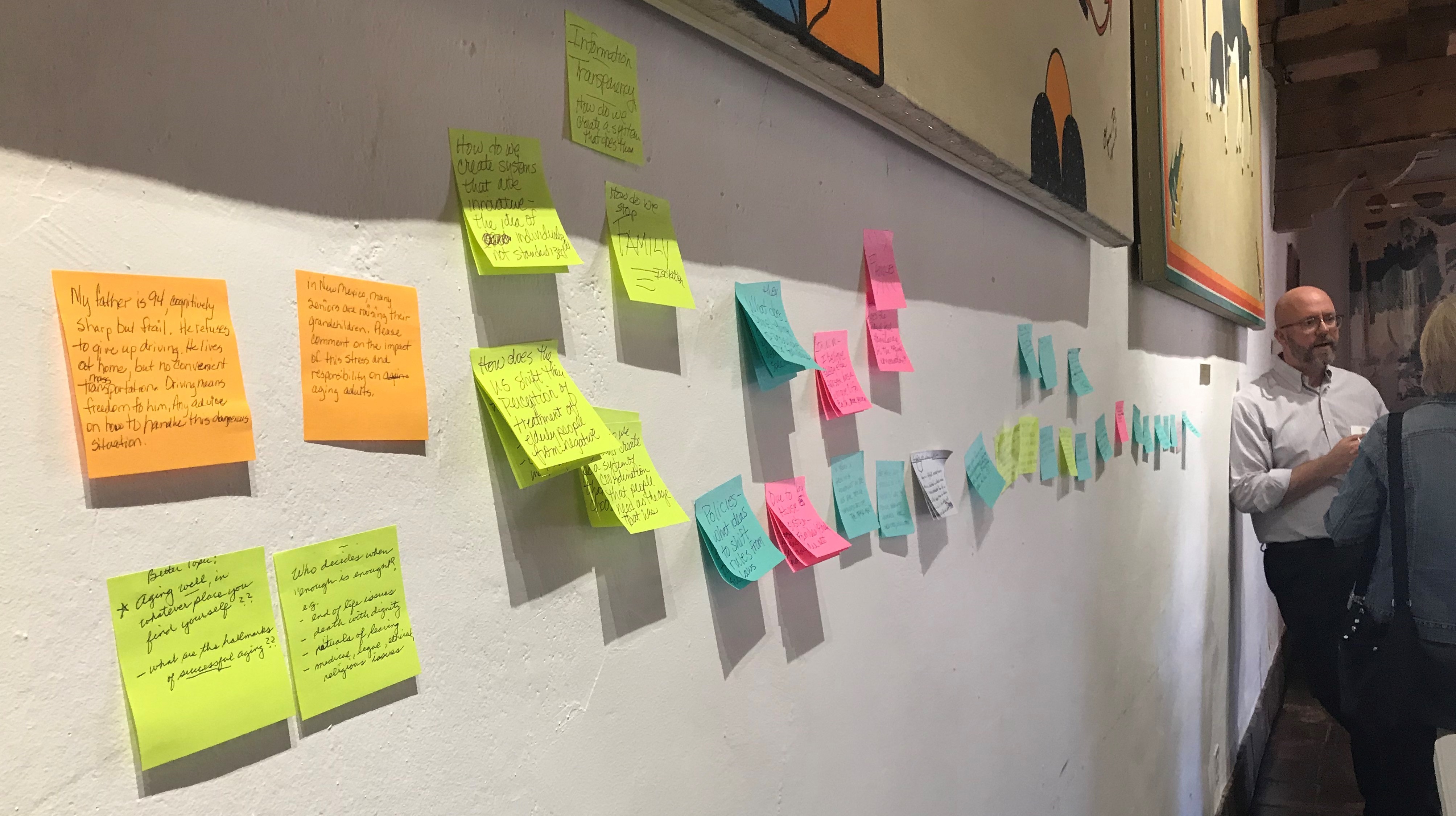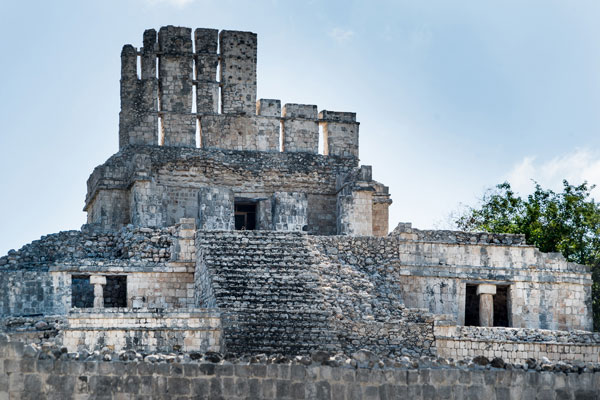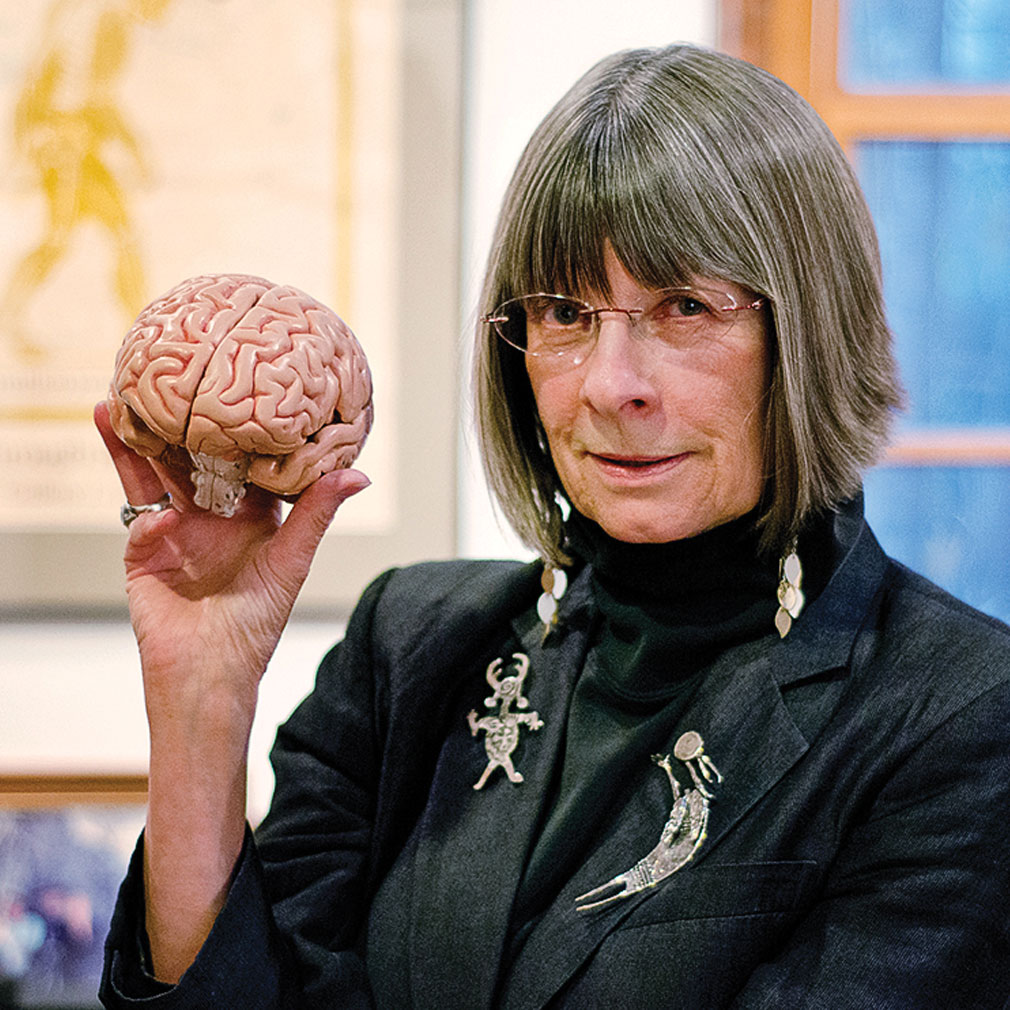Application Portal
Scholar Programs
Nourishing the scholarly spirit through residential fellowships and seminars that inspire intellectual risk-taking and advance academic inquiry in archaeology, anthropology and other social science fields.
Resident Scholars
SAR offers nine-month appointments to a selection of scholars who have completed their research and require time, space and collaborative support to prepare manuscripts or dissertations on topics important to the understanding of humankind. Resident Scholars approach research from the perspective of anthropology or from related fields such as history or sociology.
Seminars
SAR seminars promote in-depth communication among scholars who are at a critical stage of research on a shared topic and whose interaction has the potential to create new insights on human evolution, behavior, culture, and creative expression. These programs have resulted in some of the most influential publications in their respective fields.
J.I. Staley Prize
Awarded annually since 1988, the annual book award is given to a living author for a book that exemplifies outstanding scholarship and writing in anthropology.
The Catherine McElvain Library
A special collections research library and archive open to the public.
Serving the scholars, artists, staff and members of the School for Advanced Research, the library is a resource for comparative research on human prehistory, topics in contemporary archaeology, anthropology, and related fields.
The library also supports the work of the Indian Arts Research Center in documenting its research collections and projects in Native American studies, art history, and creative expression.
The archival collections include the records of the Indian Arts Fund, the papers of Kenneth M. Chapman, the papers of Martha and Amelia Elizabeth White, records of the De Vargas Development Corporation, and papers of Rick Dillingham. Other collections relate to the history and work of SAR from its beginning in 1907 through the following century.
Scholars in the News
With over 300 former resident scholars working in more than 30 countries today, our alumni employ the knowledge gained at SAR in their ongoing work around the world.
White Paper “Aging in Place: Challenges and Prospects”
“Aging in place” is a common phrase meaning that older people prefer to age (most frequently through the end of their lives) in their homes, in spaces that represent their lives, and ideally close to family and friends. This white paper is the result of a salon held at the School for Advanced Research (SAR) that took place on June 6, 2019, in Santa Fe, New Mexico, which was generously sponsored by the Ethel-Jane Westfeldt Bunting Foundation.
Redefining Ancient Maya Culture Through the Study of the 99 Percent
SAR board member and eminent archaeologist, Jerry Sabloff has devoted considerable effort to the study of settlement patterns in Mexico and Central America—the when, where and how non-elite Maya people lived and worked. Sabloff discusses his discoveries in a Q&A interview in the 2019 issue of Knowable Magazine and presents on the topic in this fall’s SAR In-Depth course.
Touring “Down Under” to Talk Hobbits, Einstein, and the Evolution of Language
At the heart of her research, SAR senior scholar Dean Falk asks, “What can fossils, babies, and Einstein tell us about the way our brains have evolved?” Falk addressed this question and more during a tour of lectures and interviews across western Australia this summer, where, on the Australian Broadcasting Corporation (ABC) Radio program “Late Night Live”, she touches upon evolution and language, the uniqueness of Einstein’s brain, and “hobbits”, or the newly discovered (and short) human species, Homo floresiensis.


